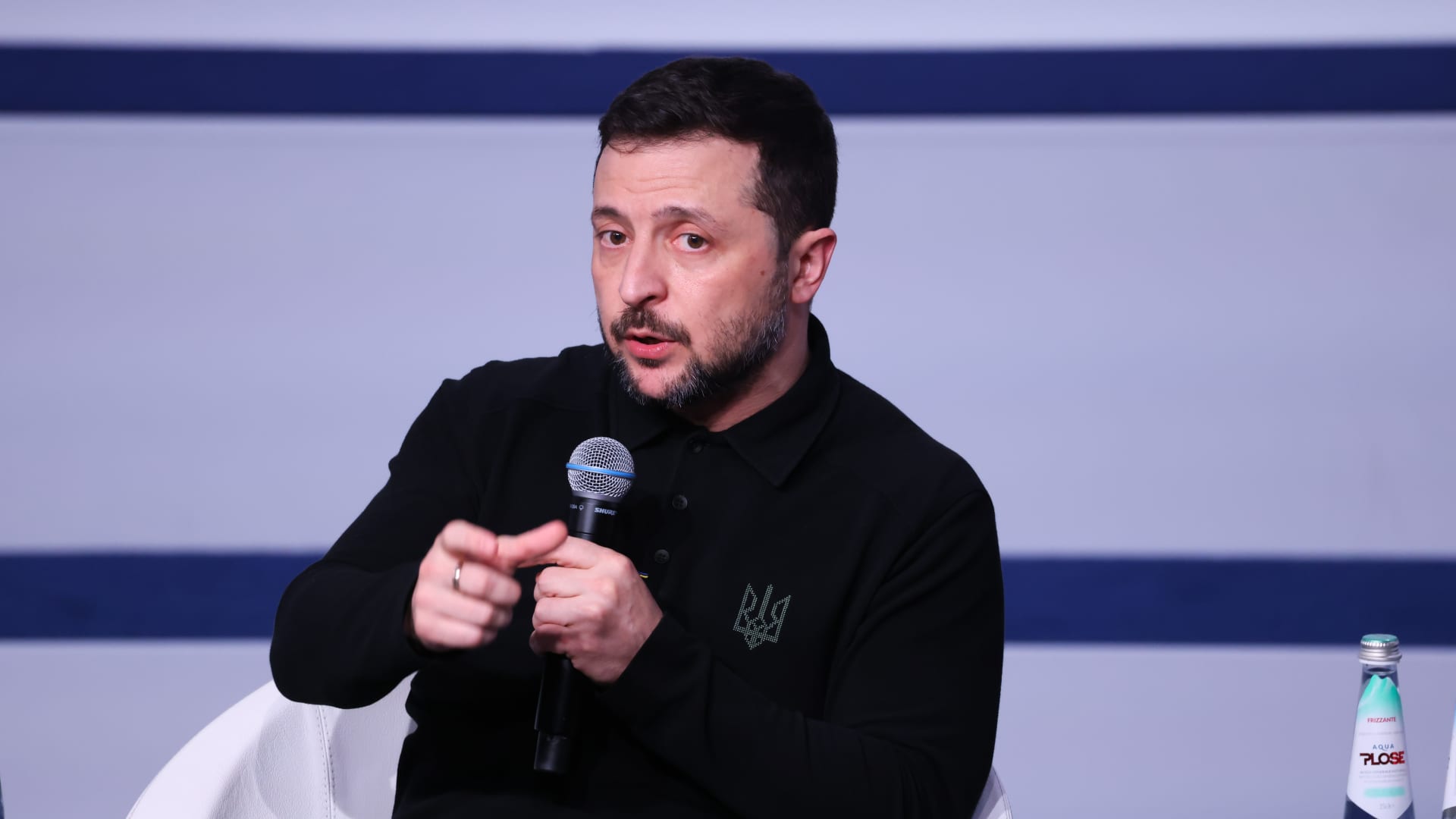
Zelenskyy Calls for Stronger European Military Cooperation Amid Ongoing Tensions with Russia
At the Munich Security Conference held on February 14, 2025, Ukrainian President Volodymyr Zelenskyy emphasized the urgent need for a European military force to enhance the continent’s defense mechanisms. He expressed concern that Russia is "not preparing for dialogue," raising doubts about the viability of prospective peace negotiations.
Zelenskyy highlighted that Ukrainian intelligence suggests Russia intends to deploy troops to Belarus this summer, disguised as military training exercises. He described this move as an effort to establish a new "Russian province," which directly threatens neighboring NATO member states.
"We must establish a robust armed force for Europe, ensuring that decisions affecting Europe are made by Europeans," Zelenskyy declared at the conference, hinting at the shifting dynamics of U.S. support for European security.
The President reiterated the necessity for Europe to achieve self-reliance and unity through common objectives. "We cannot ignore the possibility that the U.S. may decline to support Europe in critical issues," he cautioned.
Earlier on Friday, Zelenskyy met with U.S. Vice President JD Vance to discuss the emerging prospects for a peace agreement between Russia and Ukraine. However, he maintained that Ukraine would require "security guarantees" before initiating discussions with Russian President Vladimir Putin.
"This is not a nation seeking peace," Zelenskyy remarked regarding Russia’s intentions. "It is not preparing for meaningful dialogue."
He clarified that these security assurances must not come from Moscow but rather from Western allies, particularly the U.S. "We cannot accept a ceasefire lacking genuine security guarantees," he asserted. "Putin cannot deliver credible security promises—for two main reasons: he is untrustworthy, and Russia, in its current situation, needs conflict to maintain control."
In an interview with NBC News, Zelenskyy noted the vital importance of U.S. military assistance for Ukraine’s survival, stating that it would be extremely challenging for the country to withstand both the current pressures and any potential future Russian invasion without such support.
He also indicated that if Ukraine does not secure NATO membership, it may need to significantly expand its military forces.
Zelenskyy reaffirmed his commitment to Ukraine’s NATO aspirations, asserting, "I will not dismiss NATO membership for Ukraine from consideration. However, at present, it appears that Putin holds the most significant influence over NATO’s decisions."
In his remarks, he proposed the formation of a new military defense initiative within Ukraine that would secure the eastern borders of Ukraine, Belarus, Finland, and the Baltic nations. "The most secure defense line for all of us in Europe runs along these borders, adhering to international law," he explained.
While U.S. President Donald Trump has consistently stated that American troops will not be deployed in Ukraine as a deterrent against further Russian aggression, he has suggested an economic partnership focusing on Ukraine’s substantial critical mineral resources to bolster the country’s post-war security.
The Implications of U.S.-Russia Discussions on Ukraine’s Future
The annual Munich Security Conference highlights crucial discussions about Ukraine’s future, peace talks with Russia, and the restructuring of European security paradigms. Recently, hopes for a diplomatic resolution have surged following President Trump’s separate conversations with both Putin and Zelenskyy. Initially indicating a possible bilateral agreement between the U.S. and Russia, Trump later included that Ukrainian President Zelenskyy would also be part of any discussions, along with various stakeholders.
Zelenskyy warned that a meeting between U.S. and Russian leaders, excluding Ukraine, would be "dangerous." However, U.S. officials remain skeptical of some of Zelenskyy’s firm stances, with Defense Secretary Pete Hegseth describing both NATO membership and the return to Ukraine’s pre-2014 borders as unlikely outcomes.









